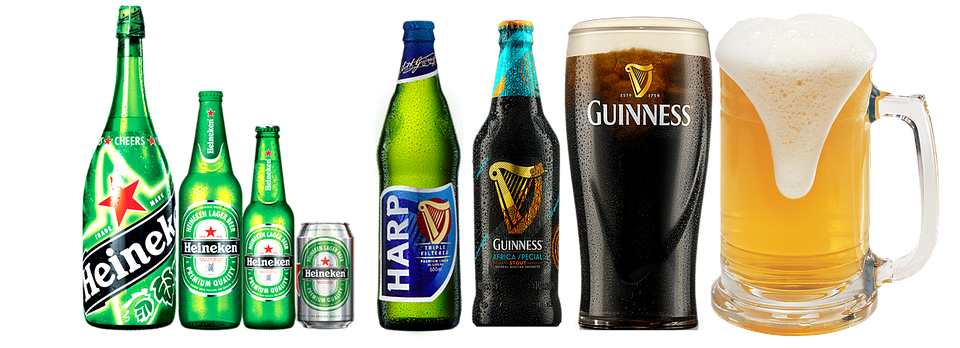
The start of pregnancy is actually the first day of your last menstrual period. This is called the gestational age, or menstrual age. It’s about two weeks ahead of when conception actually occurs.
Pregnancy lasts about 40 weeks, these weeks are grouped into three trimesters:
First trimester
A baby grows rapidly during the first trimester (weeks 1 to 12). The fetus begins developing the brain, spinal cord, and organs. The baby’s heart will also begin to beat.
During the first trimester, the probability of a miscarriage is relatively high. According to the American College of Obstetricians and Gynecologists (ACOG), it’s estimated that about 1 in 10 pregnancies end in miscarriage and that about 85 percent of these occur in the first trimester.
Second trimester
During the second trimester of pregnancy (weeks 13 to 27), your healthcare provider will likely perform an anatomy scan ultrasound.
This test checks the fetus’s body for any developmental abnormalities. The test results can also reveal the sex of your baby if you wish to find out before the baby is born.
You’ll probably begin to feel your baby move, kick, and punch inside of your uterus. After 23 weeks, a baby in utero is considered “viable.” This means that it could survive living outside of your womb. Babies born this early often have serious medical issues. Your baby has a much better chance of being born healthy the longer you are able to carry the pregnancy.
Third trimester
During the third trimester (weeks 28 to 40), your weight gain will accelerate, and you may feel more tired.
Your baby can now sense light as well as open and close their eyes. Their bones are also formed.
As labor approaches, you may feel pelvic discomfort, and your feet may swell. Contractions that don’t lead to labor, known as Braxton-Hicks contractions, may start to occur in the weeks before you deliver.
In this article, we shall be looking at alcohol and pregnancy and the worst time to consume alcohol during pregnancy.
What is Alcohol?
Historically, alcohol has been used in association with social activities, including both religious and non-religious rituals, as a dietary component, and as a medicinal agent. Alcohol consumption by various cultures predates written history. Although it was once used for therapeutic purposes, it is no longer recommended as therapy because of its ability to produce intoxication.
The ability of ingested alcohol to get from the gut into the bloodstream and up to the brain where it produces the intoxicating effects is due to its chemical structure and solubility in water.
The alcohol in drinks is called ethanol (ethyl alcohol). It is made when yeast ferments the sugars in grains, fruits, and vegetables. For example, wine is made from the sugar in grapes, and vodka is made from the sugar in potatoes.
Drinking a small amount of alcohol can make you feel more relaxed or happy, but alcohol is actually a depressant. This means it:
- slows down the messages that travel between your brain and your body
- affects the way you think, feel and behave.
To reduce the effects of alcohol, it’s important to be aware of how much you’re drinking. To find out more, read about how alcohol affects you and how much alcohol is safe to drink.
How much alcohol is in your drink?
Some alcoholic drinks are stronger than others (have a higher concentration of alcohol).
- beer contains 0.9% to 6% alcohol
- wine contains 12% to 14%
- fortified wines such as sherry and port contain 18% to 20%
- spirits such as scotch, rum, vodka, and bourbon contain 40% to 50%.
This means that for the same amount of drink, both wine and spirits will affect you faster than beer.
The worst time to drink during pregnancy?
The worst time to drink alcohol during pregnancy is the 4th week of the first trimester because the eyes and ears which are extremely susceptible to the effects of alcohol form during this period.
Most women don’t know they are pregnant by this time simply because they don’t have any symptoms. No low back pain, no pelvic cramping, and no nausea – they feel completely fine and like their typical selves. Which underscores the importance of avoiding alcohol even while you are trying to conceive.
In addition, drinking alcohol during the 6th week of the first trimester can affect the development and structure of the teeth and palate which forms during the period.
In general, the consumption of alcohol ( beer, palm wine, red wine, rum, whiskey, cognac, etc) during pregnancy can interfere with the development of the brain and other critical organs, structures, and physiological systems. Prenatal alcohol exposure is a leading preventable cause of birth defects and neurodevelopmental abnormalities in the United States.






